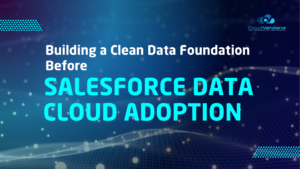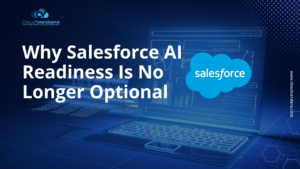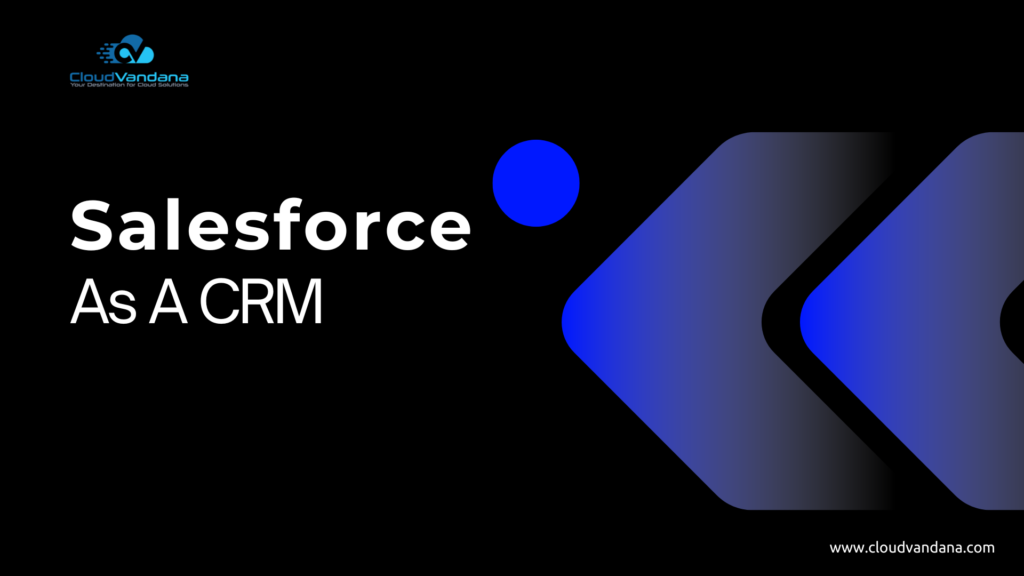An IT managed service provider delivers services, such as network, application, infrastructure, and security, through ongoing and regular support and active administration on customers’ premises. Managed IT services are the practice of outsourcing the responsibility for maintaining and anticipating the need for a range of processes and functions for improved operations and reduced budgetary expenditures through the reduction of directly-employed staff.
Presently, businesses across the globe always seek continuity and continuous improvement. The ever-changing end-user demands throw serious challenges to firms, making IT management a complex task. To solve these challenges, Managed IT services provide an opportunity, making maintenance, monitoring, and execution of complex IT tasks easier.
In this blog, CloudVandana will discuss seven key factors for selecting an IT-managed service provider.
Managed IT services have gained popularity over the last few years, expanding their ability to manage organizational IT burdens. But the success depends on the provider the organization chooses for its IT business requirement. So let’s discuss the factors for selecting the right provider.
7 Key Factors For Selecting The Right Managed Service Provider
1. Selection Criteria
Organizations may develop specific criteria related to the business goals, but there are a few standardized criteria that organizations should consider before committing to a Managed Service Provider. The MSP should offer skills beyond the internal IT team and access to specialists and experts. Organizations should identify the skill gaps and should ensure that the MSP can add value to the existing IT team by removing those skill gaps.
2. Market Portfolio And Presence
It is essential to understand the market portfolio of that agency, it’s market presence, experiences with previous projects, etc. These factors help to understand their capabilities, case studies, abilities in line with industry standards, and testimonials and give the organizations enough confidence in moving ahead with a specific partner.
3. Technical Expertise And Supporting
Once organizations understand the market reputation of the partner, they can start checking their technical expertise, partnerships, and additional qualifications that showcase their ability to handle a complex project.
4. Support And Assistance
This is one of the important aspects of defining an organization’s journey with an MSP. A security threat, unexpected downtime, or network error can happen anytime, interrupting the business community. So immediate support is required to keep the business running and offer uninterrupted customer service. This helps gain customer satisfaction, which is a key to any business’s success.
5. Accessible IT Services
Working with an MSP offers onsite services that allow close monitoring and seamless integration with the organization. This leads to faster response time, predictable costs, and increased flexibility in the service delivery model.
6. Holistic Approach
Strong providers always value customer service and consider how people, technology, and processes work together. Reputed MSPs like CloudVandana and Milestone focus on progress improvements that allow people to work more efficiently towards their goals.
7. Scalability
Are you looking for a strategic IT Managed Service Provider? Please feel free to schedule a consultation call with the Managed Service Provider CloudVandana and stay one step ahead of your competitors.
Organizations should ensure that their Managed Service Provider can help them by providing a scalable solution. MSP can continue to provide services and recommendations about people and processes as the company expands and the organizational goals change.
















